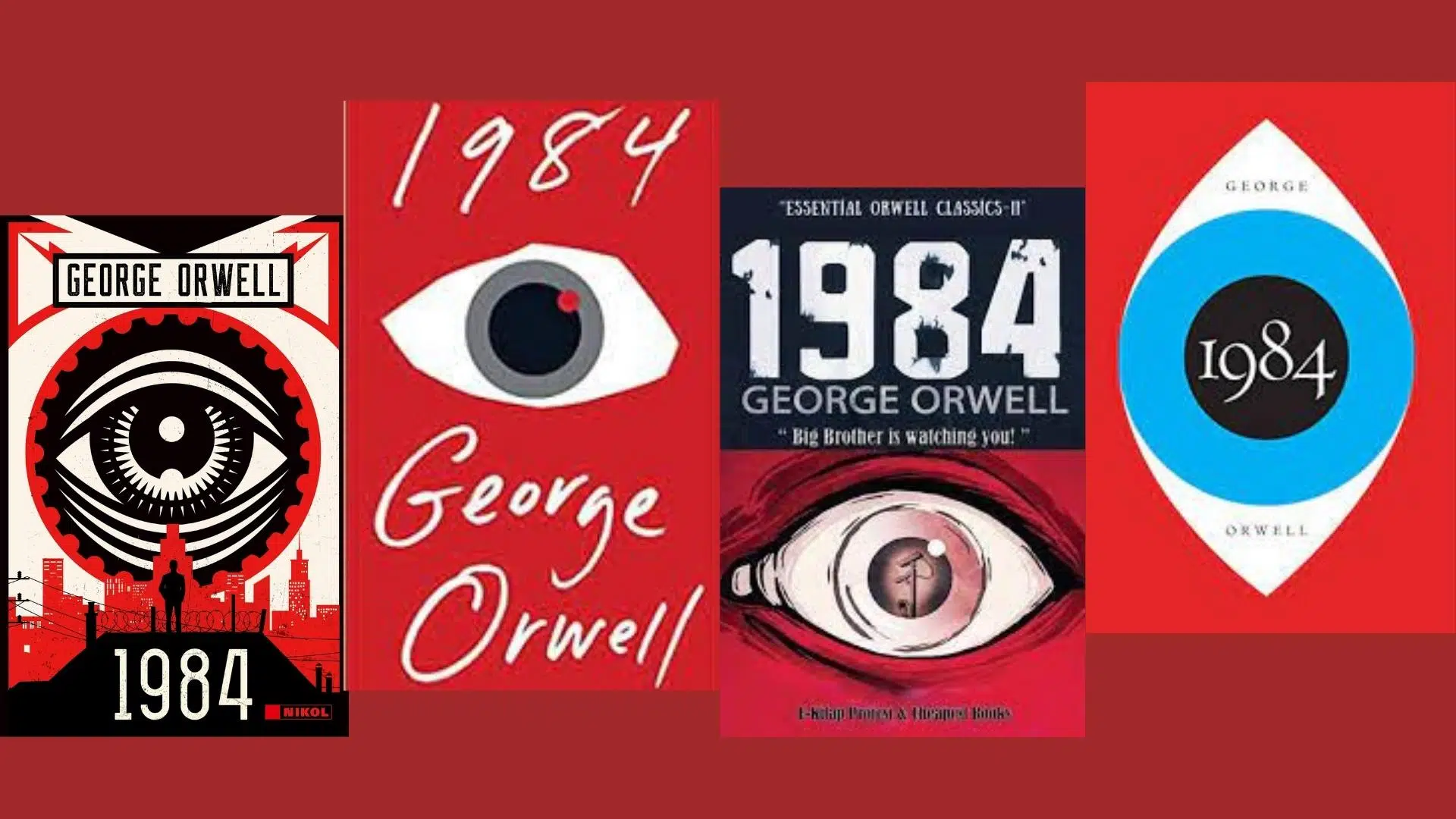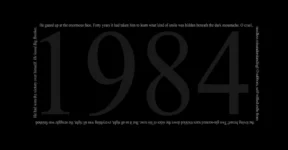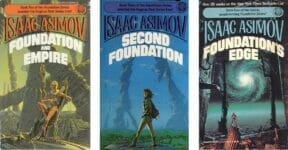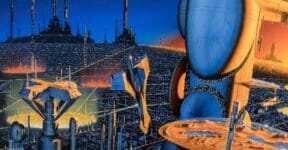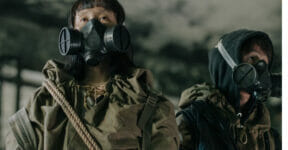The fantasy of political future is the foundation on which 1984 (published in 1949) by George Orwell stands. First and foremost, it serves as a crushing criticism towards the political aspiration for a utopian society and a satire of what the reality might be. “Nineteen Eighty-Four” considers such a society mere imaginary, a torch of pretension brought about by uncontrolled socialism. A utopia is where everyone deserves a worry-free life filled with economic security and sweeping equality. Ideally, there shouldn’t be any downside to the system, but it is ironically impossible to reach the state of utopia without a radical sacrifice of individual freedom. Some say utopia may come at the cost of dehumanization through luxury, whereas 1984 describes perfect social stability achieved by coercing people into utter dullness and deprivation.

Events in the book are set in 1984 during a time when the world is divided into three totalitarian powers: Oceania, Eurasia, and Eastasia. Nationalism is no longer a big deal in the world. It is considered an old notion of unity, replaced by international alliances under those three global powers. Here is the catch: the government of every alliance runs the political system with the same fake philosophy of utopia, and those super-states are always at war against each other. There are always times when one state makes treacherous agreements with another to gain the upper hand, but the most important thing is that the balance of power is well maintained. While the eventual goal is to gain undisputed domination, the short-term aim is to secure victory with negligible loss. It has been established that persistent war keeps the states running like well-oiled machines.
The story focuses on the governmental system of Oceania, ruled by the all-controlling Party under the leadership of Big Brother. Citizens of the state have been transformed into a massive herd of obedient zombies. Orders of the population are organized through three groups including Inner Party, Outer Party, and Proletarians. The most powerful, practical, and hands-on branch of the government is the Thought Police, which runs complete and constant surveillance of the citizens. Personal life is regarded as useless, and intense propaganda has successfully manipulated people’s emotions of patriotism and hatred.
Oceania even has an official mode of thought known as “doublethink,” referring to a belief system where contradictory ideas are twisted into synonymous concepts. It is well reflected in omnipresent slogans such as “war is peace,” “ignorance is strength,” and “freedom is slavery.” Doublethink is aimed at safeguarding the government from individuals’ free thought and free speech. To make sure that all play by the rules, children are required to spy on their parents.
Our sad hero is Winston Smith, a minor functionary of the Outer Part, who lives in London. Winston is assigned to the Ministry of Truth, and his main job is to rewrite history by the party’s political agenda. Partly because of his job to hide the truth from records (and therefore the public), Winston’s curiosity for the actual – instead of political – truth grows intense. Inevitably, he rebels against the government and is involved in a forbidden relationship with Julia behind closed doors. His thirst for knowledge and love leads him to a group of dissenters called the Brotherhood. All the excitement doesn’t last long because both Winston and Julia have long been targeted by the government.
An official named O’Brien is tasked with investigating Winston’s activities including the nature of his relationship with Julia and possible involvement with Brotherhood. Of course, Winston and Julia are eventually arrested and branded as “thought criminals.” Both are sent to the Ministry of Love for re-education, which is psychological torture to brainwash the indicted. In addition to physical punishment, prisoners are bombarded with a series of persuasive statements aimed at remapping their brains. The purpose is to strip them of any sense of humanity and dignity.
Among the methods of punishment is a modified version of rat torture. When Winston’s head is attached to a cage of rats, he finally gives up and begs the tormentors to do it to Julia instead. Such a betrayal grants him false freedom. As it turns out, Julia is also imprisoned and tortured with the same method. She is only released when she gives up and betrays Winston. Later, when the two meet on the street, none is interested in the other. Everybody loves the Big Brother.
It does seem that George Orwell could only use 1984 as a big warning to society about the imminent threat of totalitarianism as observed in Stalin’s USSR and Hitler’s Germany. The novel makes a striking depiction of how the idea of utopia could be well used simply as a gateway to attain absolute power and a complete dystopia. Citizens are transformed into unthinking zombies, and free speech is punishable by torturous prison time. Propaganda is used as a weapon to curb people’s ability to think and a shield to cover corrupt government. Winston, at least before his arrest and indictment, is a reflection of individual freedom with the ability to think for himself and express his feelings. The evil of an all-powerful government takes away all the humanity in him and turns him into a puppet.
We think few novels published in the last century have had a more powerful impact, politically and socially, than 1984 by George Orwell. The perversion of truth, nationwide surveillance, propaganda, and authoritarian politics (un)surprisingly remain relevant subjects even more than 74 years later. 1984 is one of those timeless novels in which the subjects presented still manage to feel fresh and recent for younger generations today.
Other things you might want to know:
What is Stalinism?
Stalinism refers to the methods of government applied by Joseph Stalin during his reign in the USSR from 1929 until he died in 1953. It is not a political ideology, but simply an umbrella term to describe his leadership style. It is often associated with totalitarian regimes.
Are there other books like 1984?
1984 is most commonly compared to two similar books: We (1924) by Yevgeny Zamyatin and Brave New World (1932) by Aldous Huxley. George Orwell even said that Brave New World was partly derived from We.
Utopia vs dystopia?
Utopia is the ideal world where everyone has total religious tolerance, free education, a free health care system, equality on all fronts, and zero notion of private property. A utopian society is borderline pacifist and there is now law because everyone is capable of self-governing and morally sound. Dystopia is the complete opposite where the government implements oppressive controls with various methods such as corporate rule, philosophical/religious control, or bureaucratic model. Freedom thinkers and resistance are strictly prohibited, persecuted, or killed.
Check out other articles by month:

